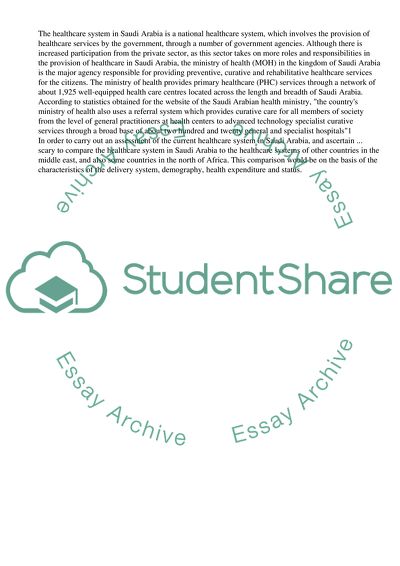Cite this document
(“Approaches to Best Practice Hospital Administration - Implications for Essay”, n.d.)
Approaches to Best Practice Hospital Administration - Implications for Essay. Retrieved from https://studentshare.org/management/1530708-the-healthcare-system-in-saudi-arabia
Approaches to Best Practice Hospital Administration - Implications for Essay. Retrieved from https://studentshare.org/management/1530708-the-healthcare-system-in-saudi-arabia
(Approaches to Best Practice Hospital Administration - Implications for Essay)
Approaches to Best Practice Hospital Administration - Implications for Essay. https://studentshare.org/management/1530708-the-healthcare-system-in-saudi-arabia.
Approaches to Best Practice Hospital Administration - Implications for Essay. https://studentshare.org/management/1530708-the-healthcare-system-in-saudi-arabia.
“Approaches to Best Practice Hospital Administration - Implications for Essay”, n.d. https://studentshare.org/management/1530708-the-healthcare-system-in-saudi-arabia.


